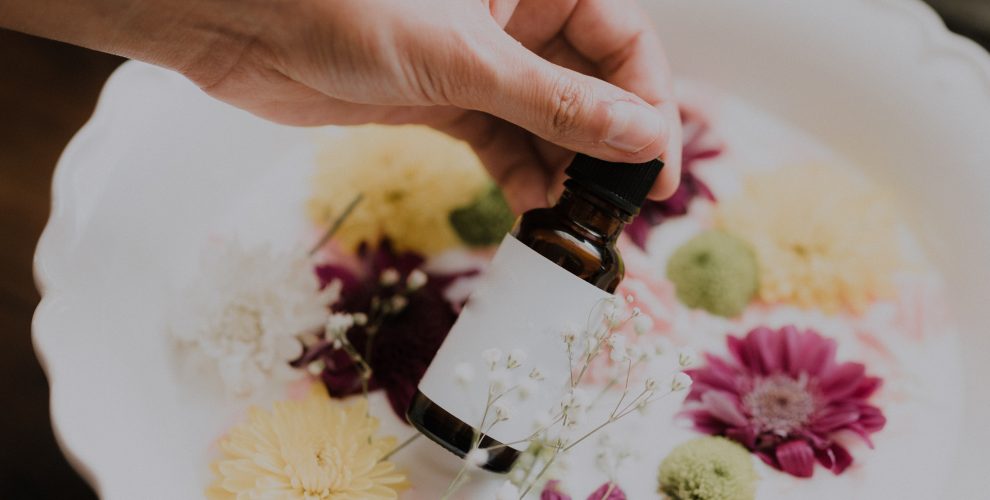In the age of conscious consumerism, more individuals are striving to align their purchases with their values. Ethical haircare is emerging as a significant trend, bridging the gap between personal beauty and societal responsibility. Delve into the realm of sustainable and cruelty-free haircare and discover how you can make choices that are as kind to the planet as they are to your locks.
1. Understanding Ethical Haircare
At the heart of ethical haircare lies two central principles:
- Sustainability: This involves using products that have been produced in an eco-friendly manner and have minimal negative impacts on the environment.
- Cruelty-Free: Cruelty-free products are those that haven’t been tested on animals, ensuring that no sentient beings were harmed for the sake of beauty.
2. Why Ethical Haircare?
With a growing emphasis on sustainability and ethical consumerism, brands are becoming increasingly transparent about their practices. This shift is not only essential for our planet and its inhabitants but also for the consumer’s peace of mind. Platforms like Oz Hair and Beauty offer a curated selection of sustainable and cruelty-free products, simplifying the process for those looking to make ethical choices.
3. Reading the Labels: What to Look For
Navigating the world of ethical haircare means understanding the jargon:
- Cruelty-Free: Look for symbols such as the Leaping Bunny or the PETA bunny, which indicate that the product hasn’t been tested on animals.
- Vegan: This means that the product doesn’t contain any animal-derived ingredients.
- Organic: Ingredients are grown without synthetic fertilizers, pesticides, or genetically modified organisms.
- Biodegradable: The product will naturally break down over time, reducing environmental impact.
4. Reduce, Reuse, Recycle
Sustainability isn’t just about the product itself but also the packaging:
- Refill Stations: Some brands offer refill stations where you can bring in your old bottles for a top-up.
- Recyclable Packaging: Look for brands that use recyclable materials like glass or biodegradable plastics.
- Minimal Packaging: The less packaging, the better. Opt for products that don’t come in unnecessary boxes or wrappers.
5. Natural Ingredients Over Chemicals
Sustainable haircare often aligns with using natural ingredients:
- Plant-Based Oils: Ingredients like coconut oil, argan oil, and jojoba oil are both nourishing for the hair and sustainable for the planet.
- Essential Oils: These can provide natural fragrances without resorting to synthetic perfumes.
- Avoid Harmful Chemicals: Sustainable brands tend to steer clear of parabens, sulfates, and phthalates, which can be harmful to the environment when washed down the drain.
6. DIY Haircare Solutions
Creating your haircare concoctions at home is both fun and sustainable:
- Hair Masks: Common kitchen ingredients like bananas, honey, and yogurt can make nourishing hair masks.
- Natural Cleansers: Ingredients like apple cider vinegar can act as a gentle hair cleanser or a conditioner.
- Herbal Rinses: Herbs like chamomile or rosemary can provide natural shine and fragrance.
7. Supporting Ethical Brands
In the era of conscious capitalism, supporting brands that prioritize sustainability and cruelty-free practices is crucial:
- Research: Before purchasing, research brands to understand their sustainability efforts and animal testing policies.
- Collaborations: Some brands collaborate with environmental or animal welfare organizations, further emphasizing their commitment to ethical practices.
- Transparency: Brands that are open about their sourcing, manufacturing, and testing practices often have more ethical operations.
8. Ethical Hair Tools and Accessories
It’s not just about products; even the tools and accessories you use can be sustainable:
- Bamboo Brushes: Instead of plastic, opt for hairbrushes made from bamboo or other sustainable materials.
- Biodegradable Hair Ties: Traditional hair ties can take years to decompose. Biodegradable options are kinder to the environment.
- Solar-Powered Hair Tools: Believe it or not, there are solar-powered hairdryers and straighteners on the market!
Embracing ethical haircare is a journey that involves conscious choices, a little research, and a commitment to the well-being of our planet and its inhabitants. As consumers, our purchasing decisions have power. By opting for sustainable and cruelty-free products, we not only nourish our hair but also make a positive impact on the world. Here’s to lustrous locks and a happier Earth!

